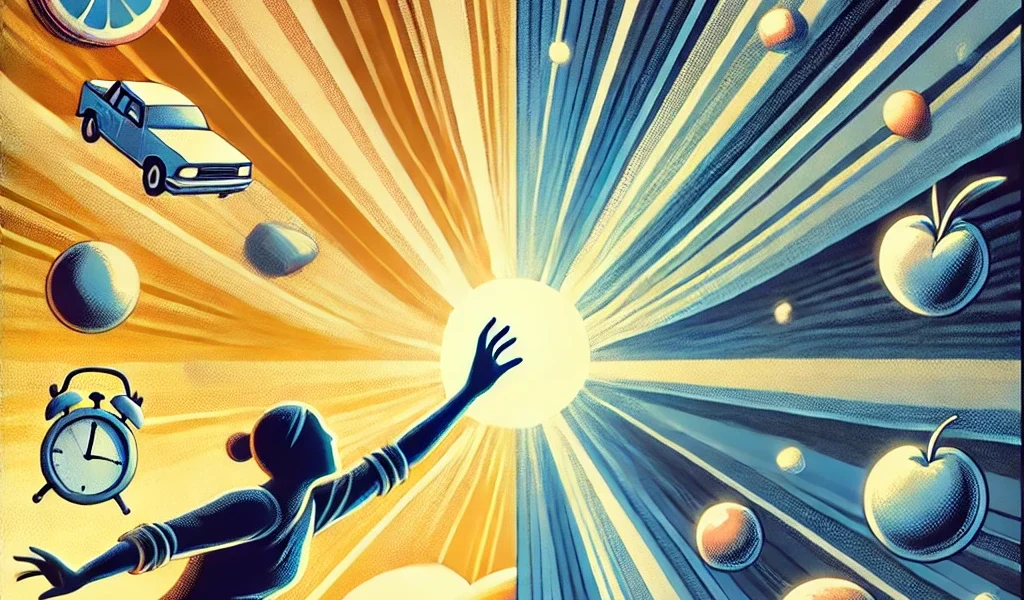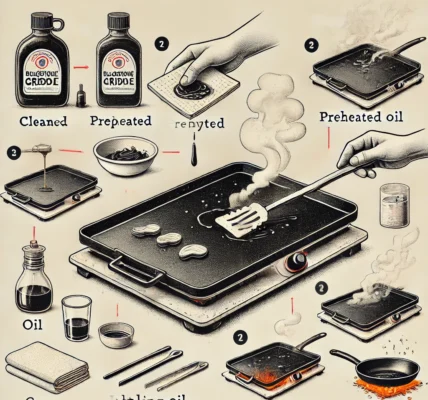Why You Want What You Can’t Have and Can’t Have What You Want
We’ve all been there—longing for something that feels just out of reach, whether it’s a relationship, a job, or even material possessions. The paradox of desiring what we can’t have is a common human experience, and it can often feel like an endless cycle: the more unattainable something is, the more we seem to want it. At the same time, the things we can easily acquire or that come into our lives with little effort sometimes lose their appeal. But why does this happen? What is the psychological and emotional drive behind this phenomenon?
In this article, we’ll explore the reasons behind why we want what we can’t have and why, paradoxically, we often struggle to get what we desire most. This exploration touches on human psychology, societal influences, and the way desire shapes our goals and behavior.
The Psychology of Desire: Why We Want What We Can’t Have
- Scarcity and Value
One of the key reasons we desire what we can’t have is rooted in the concept of scarcity. In psychology, the scarcity principle suggests that when something is perceived as limited or unavailable, its value increases in our minds. This isn’t just true for physical objects, but also for abstract things like opportunities, relationships, or experiences. When something is rare or hard to obtain, we place more importance on it, viewing it as more valuable than something readily available.
This is why unattainable romantic partners, coveted job opportunities, or exclusive products can become objects of obsession. The very fact that they are difficult to attain makes them seem more desirable. Our brains are wired to equate rarity with worth, driving us to pursue what is out of reach.
- The Thrill of the Chase
The pursuit of something unattainable can be exciting. The thrill of the chase activates our brain’s reward system, particularly the release of dopamine, which is associated with pleasure, motivation, and reward-seeking behavior. This biological response can make us feel invigorated by the idea of chasing after something we can’t have. The uncertainty of the outcome makes the journey more thrilling, whether it’s a romantic pursuit or working toward a seemingly impossible goal.
The problem is, once we obtain what we were chasing, the thrill often diminishes, leaving us to question whether we really wanted it in the first place. The excitement is often more about the process of trying to attain something rather than the result itself.
- Forbidden Fruit Syndrome
Another factor at play is the “forbidden fruit” phenomenon. When something is off-limits or socially unacceptable, it often becomes more desirable simply because we are told we can’t have it. This psychological principle stems from a desire for autonomy and control. When external forces—such as societal norms, rules, or circumstances—prevent us from having something, we may want it even more as a form of rebellion or assertion of our independence.
This concept is well-documented in literature, particularly in the story of Adam and Eve, where the forbidden fruit becomes irresistible precisely because it is forbidden. Today, the same idea applies to relationships, material possessions, or even behaviors that society deems inappropriate or unattainable.
- Idealization and Imagination
When something or someone is out of reach, we tend to idealize it. We imagine how perfect our lives would be if we could only have that one thing. This idealization often distorts reality. The things we can’t have become exaggerated in our minds, representing all the things we believe would bring us happiness or fulfillment.
For instance, when longing for a job we didn’t get, we might convince ourselves that it was the key to a perfect career, despite not knowing whether the job would truly meet our expectations. Similarly, in relationships, we might fantasize about a person we can’t be with, overlooking their flaws and creating an unrealistic image of what life with them would be like.
The problem with this is that reality rarely matches up to our fantasies, and when we do eventually attain what we wanted, we may find it doesn’t fulfill us the way we imagined.
Why You Can’t Have What You Want
While it’s clear why we often desire what we can’t have, it’s also important to examine why, when we actively pursue what we want, it can seem frustratingly elusive. The reasons for this paradox are rooted in psychological barriers and self-sabotaging behavior.
- Fear of Failure
The fear of failure can play a significant role in why we struggle to obtain what we want. Deep down, many people fear that if they go after something they truly desire, they may fail, and that failure could damage their self-worth. This fear can cause people to either not fully commit to their goals or to unconsciously sabotage their efforts.
For instance, someone might not apply for a dream job because they fear rejection, or they might not pursue a relationship with someone they like because they are afraid of getting hurt. This fear of failure creates a psychological barrier that prevents us from fully pursuing our desires.
- Overattachment to Outcome
Another reason people struggle to get what they want is overattachment to the outcome. When we fixate on a specific result, we can become overly stressed, anxious, or desperate, which can cloud our judgment and hinder our progress. This overattachment creates unnecessary pressure, making the pursuit feel more like a burden than a fulfilling journey.
Paradoxically, when we let go of rigid expectations and become more open to the process, rather than just the outcome, we often find that things fall into place more easily. Letting go of attachment doesn’t mean giving up, but it allows us to stay relaxed and present, which can improve our chances of success.
- Self-Worth and Deservingness
Underlying many people’s struggles with getting what they want is a question of self-worth. Some individuals may not believe they are deserving of the things they desire, whether it’s love, success, or happiness. These deeply held beliefs can manifest as self-sabotage, procrastination, or even fear of success. If someone unconsciously believes they are not worthy of achieving their goals, they may never fully allow themselves to succeed, even when the opportunity arises.
Working on self-worth and cultivating a mindset that you deserve good things can open the door to receiving what you truly want.
- The Timing Factor
Sometimes, we don’t get what we want simply because the timing isn’t right. Life’s complexities, external circumstances, and unpredictable events can create obstacles. While this may seem frustrating, it’s important to recognize that timing plays a significant role in when and how we achieve our desires. What may feel like failure could simply be a delay, and patience is often required to see things unfold at the right moment.
Conclusion: The Power of Acceptance and Growth
The paradox of wanting what we can’t have and struggling to get what we want is rooted in human psychology and societal influences. Understanding the reasons behind this can help us better navigate our desires and expectations.
By recognizing the principles of scarcity, idealization, and fear of failure, we can begin to approach our desires with more awareness. This doesn’t mean giving up on what we want, but rather cultivating a sense of acceptance for the journey itself. When we focus less on the unattainability of things and more on personal growth, self-worth, and the process of striving for our goals, we often find that the things we truly want come to us when we’re ready for them.




